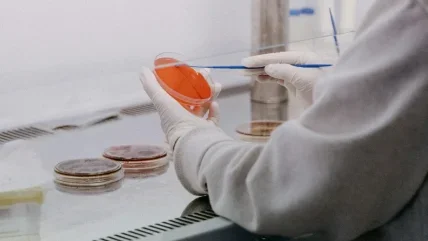
ImmPACT Bio USA, a clinical-stage biopharmaceutical company, has received the US Food and Drug Administration (FDA) approval for an investigational new drug (IND) application for IMPT-514 to treat adult patients with multiple sclerosis (MS).
IMPT-514 is a CD19/CD20 bispecific chimeric antigen receptor (CAR) T-cell therapy.
ImmPACT Bio plans to launch a Phase 1 dose escalation trial in the first half of 2025.
It will target patients who have inadequate disease control despite previous treatment with highly effective disease-modifying therapies.
The goal is to slow or halt the progression of disability accumulation in MS. IMPT-514 is the only CD19/CD20 CAR T-cell therapy currently under development for MS.
The therapy uses a potent bispecific CAR and a 4-1BB costimulatory domain.
IMPT-514 utilises the same CAR construct as ImmPACT’s IMPT-314, which is being developed for specific types of non-Hodgkin’s lymphoma, and both therapies are produced using the same manufacturing process.
In preclinical studies, IMPT-514 demonstrated successful and efficient production from heavily immunosuppressed patients across various autoimmune diseases.
It effectively eliminated autologous B-cells and exhibited a moderate cytokine profile, the biopharmaceutical company said.
ImmPACT Bio CEO Sumant Ramachandra said: “IND clearance for our bispecific CAR T-cell therapy in MS marks an exciting achievement that further expands clinical development of our autoimmune programme.
“As an intended one-time treatment, IMPT-514 has the potential to reset the immune system by depleting a broad range of autoreactive immune cells implicated in the pathogenesis of MS in patients. We expect to dose the first patient in the first half of 2025.”
ImmPACT Bio is working on next-generation cellular therapies with the potential to benefit patients.
Its CAR T-cell platforms, licensed from UCLA Technology Development Group, are designed to tackle issues like antigen escape, reduce toxicity, overcome tumour-related immunosuppression, and enhance cell persistence.
In February this year, the biopharmaceutical firm received $8m from the California Institute for Regenerative Medicine (CIRM) grant for Phase 1b/2 development of IMPT-514.






